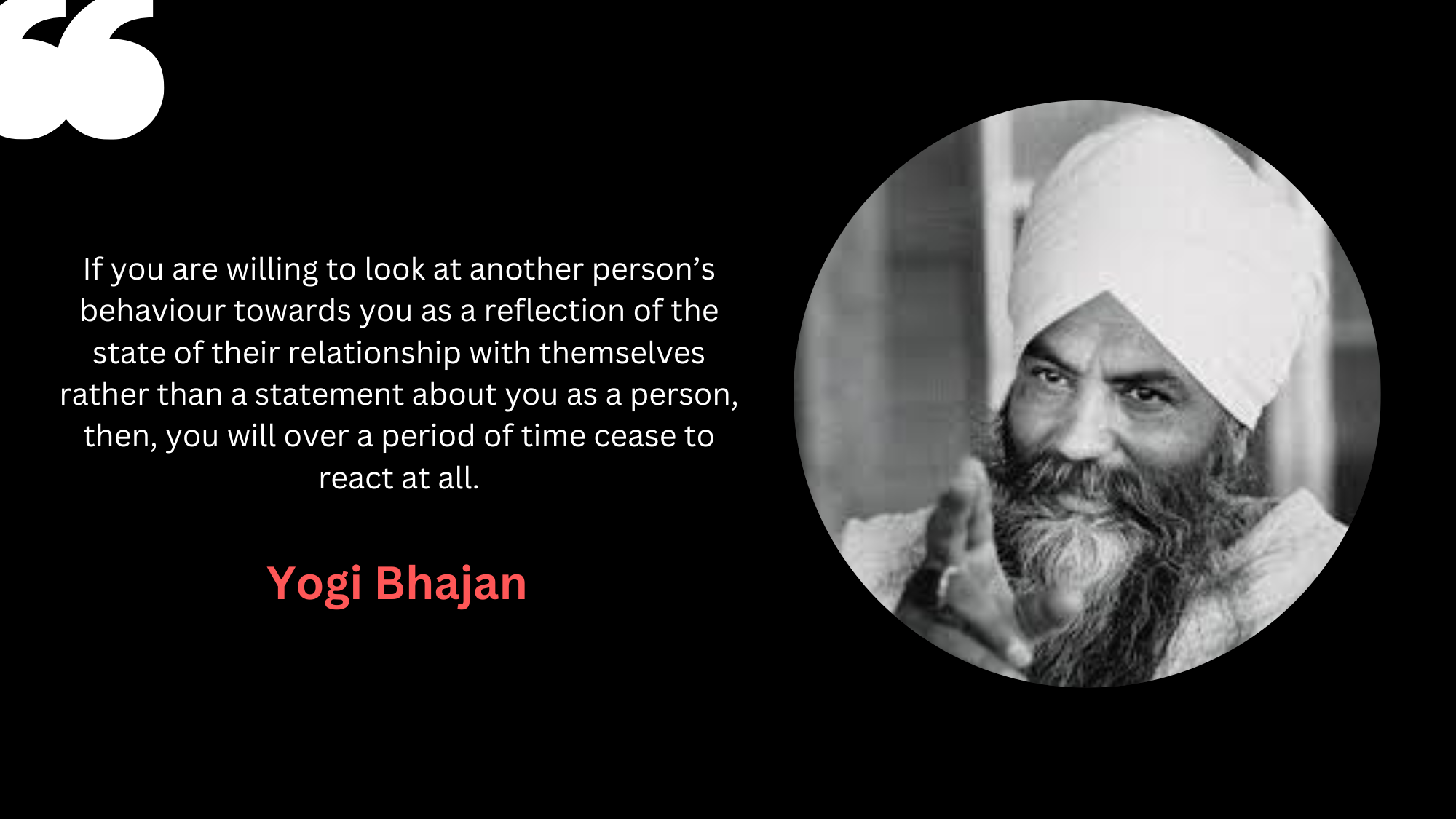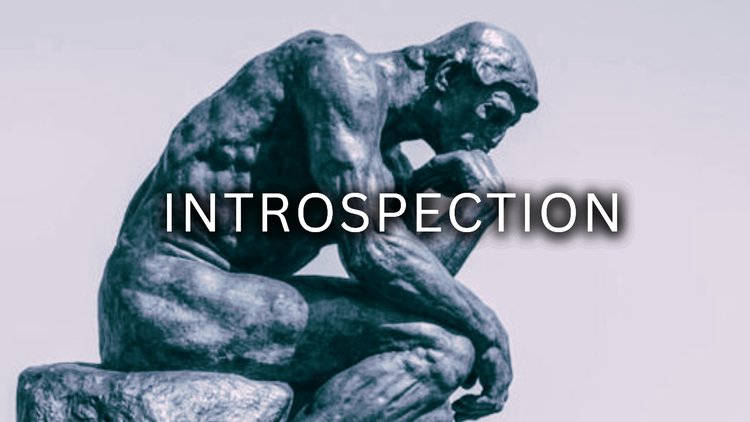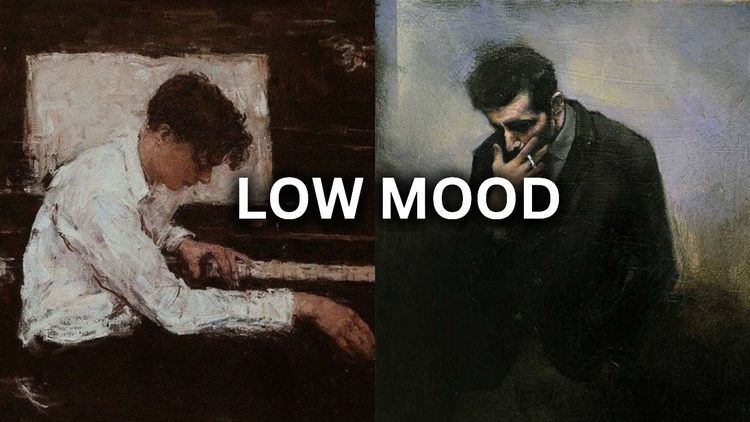How to Become Emotionally Unfuckwittable

Imagine how cool it would be to be physically invincible.
You could leave any battle untouched with your opponent physically exhausted.
Now imagine nothing triggered your emotions and you operated with an even emotional cool 100% of the time.
That’s what emotional strength looks like.
But how can we develop it?
Recently I’ve been reading ‘designing the mind’ by Ryan A Bush, and I’ve found some satisfying answers.
Cognitive behavioural therapy:
According to psychologist James Gross, there are 5 ways we can approach regulating our emotions:
- Situation selection = change situations we enter
- Situation modification = change situations once we’re in them
- Attentional deployment = choose to pay attention to only what we want
- Response modulation = doing an act - listening to music, drinking etc.
- Cognitive change = cognitively restructure/rewire your brain

But we’re most concerned with cognitive change.
Because developing tools to regulate your emotions after they arise will only get you so far. To get to the root of the solution we must reprogram our reactions before the emotion arises.
Luckily for us there is a whole psychological discipline dedicated to help us do this, which has based its foundations in stoicism; cognitive behavioural therapy (CBT).
Cognitive restructuring (Reappraisal):
To begin, we must interpret our emotional responses as an algorithm.
First our brain receives an input (an event) then we interpret what that event means (cognition) then we produce an emotional reaction (emotion).
But thanks to the many years we’ve been alive, our brain has coded numerous bad algorithms which were scripted by childhood responses, traumatic experiences and down right over the top emotional reactions.
But let’s not judge. We’re all human.
So in order to change these bad algorithms we must engage a process called 'reappraisal' to override them with new ones.
Reappraisal means:
- An assessment of something or someone in a different way
Otherwise known as 'reinterpreting'.

To do this:
- Over the next week, use a notepad to note down, with precision, all the emotional responses you encounter
- Note the situations which trigger such emotions, how you interpreted such situations and which emotions your interpretations produced
Overtime, as you develop more awareness over your current emotional programming, you can permanently reprogram your bad algorithms by noting the main cognitive distortions our brain engages.
Here are the 10 main cognitive distortions we engage:
WARNING...
Some will make you giggle.
1.) All-or-Nothing Thinking
The tendency to think in extremes like "always" and "never" without considering nuanced degrees between.
"My girlfriend broke up with me; I always ruin my relationships."
2.) Overgeneralisation
The tendency to make broad assumptions based on limited specifics.
"If one person thinks I'm stupid, everyone will."
3.) Mental Filter
The tendency to focus on small negative details to the exclusion of the big picture.
"My A + average doesn't matter; I got a C on an assignment."
4.) Disqualifying the Positive
The tendency to dismiss positive aspects of an experience for irrational reasons.
"If my friend compliments me, she is probably just saying it out of pity."
5.) Jumping to Conclusions
The tendency to make unfounded, negative assumptions, often in the form of attempted mind reading or fortune telling.
"If my romantic interest doesn't text me today, he must not be interested."
6.) Catastrophising
The tendency to magnify or minimise certain details of an experience, painting it as worse or more severe than it is.
"If my wife leaves me, then I will never be able to recover from my misery."
7.) Emotional Reasoning
The tendency to take one's emotions as evidence of objective truth.
"If I feel offended by someone else's remark, then he must have wronged me."
8.) Should Statements
The tendency to apply rigid rules to how one "should" or "must" behave.
"My friend criticised my attitude, and that is something that friends should never do."
9.) Labeling
The tendency to describe oneself in the form of absolute labels.
"If I make a calculation error, it makes me a total idiot."
10.) Personalisation
The tendency to attribute negative outcomes to oneself without evidence.
"If my wife is in a bad mood, then I must have done something to upset her."
Here's a break down of how two of these cognitive distortions fit into a bad algorithm:

Use this list when analysing your emotional responses because doing so will allow you to distance yourself from the unfolding emotional responses.
Then, once you've noted down an emotional reaction, by noting the situation which triggered it and how you interpreted it, interrogate your thoughts with rigorous curiosity by asking...
Is this thought realistic?
Am I basing my thoughts on facts or on feelings?
What is the evidence for this thought?
Could I be misinterpreting the evidence?
Am I viewing a complicated situation as black and white?
Am I having this thought out of habit, or do facts support it?
To change your cognitive and emotional algorithms, it’s crucial you don’t judge them.
Instead you must interrogate them like a curious scientist rather than an angry drill sergeant.
Because as Carl Jung said:
"We cannot change anything unless we accept it. Condemnation does not liberate, it oppresses.”
Why do we choose irrational interpretations?
Lastly, as Ryan Bush highlights in his book, we choose irrational interpretations of situations because it feels good.
We’re not victim to our painful emotions, we actually indulge them.
As perverse as it may seem, it gives us an emotional high to catastrophise or jump to conclusions because our reward systems train us to do it more.
“In order to choose long term well being, we have to resist the urge to indulge in our own pain.”
- Ryan A Bush
So in summary, in order to reprogram our emotional and cognitive distortions, we must become masters at curiosity, introspection and reinterpretation.
And after we’ve outlined our faulty thinking, we are free to understand that when someone attacks us, an event conspires to throw us off balance or we get rejected by an attractive stranger, the extent to whether this event embeds our mind is a testament to how well we’ve developed our cognitive tool kit - and how aware we are of it.
“It is in our power to have an opinion about a thing, and not to be disturbed in our soul. For things themselves have no natural power to form our judgements.”
- Marcus Aurelius
Finally, through building the habit of noticing every emotional distortion which arises, we can resist the urge to indulge it and instead shoot it down before it takes our emotional trajectory down with it.
After we do so, we are then free to reinterpret the situation with clarity.
And although the task seems daunting, the rewards are invaluable.
For when a drunk man hits the wall of a castle with a stick, you don’t call it an attack, you call it entertainment!
This is the solace awaiting us if we begin the path of mastering our emotions.
We need only try.
To dive deeper into this topic, check out this podcast with Professor Steve Peters:
Quote of the week:

Life hack of the week:
- When bored, pick up a book, not your phone
- When wanting to listen to music, listen to Gregorian chants instead of modern dopamine zapping noise
What to expect from the channel over the next week:
- The dangerous rise of cowardly men
- How to understand an individual human being
- Why Staring at a Wall Will Change Your Life (no BS)
- + MORE!
Videos you might have missed:
Until next week amigos!




